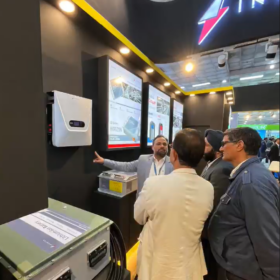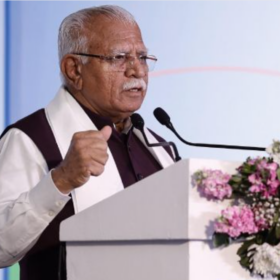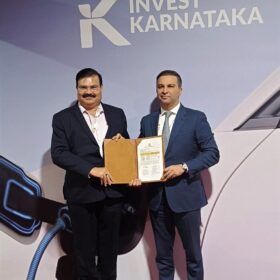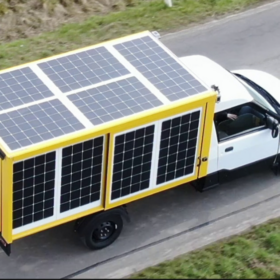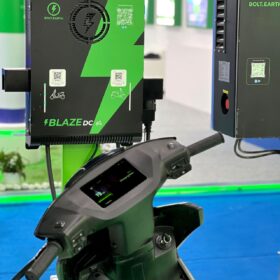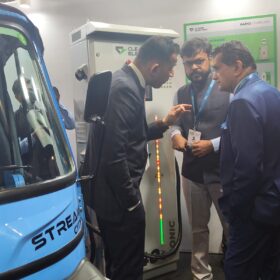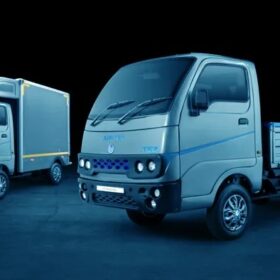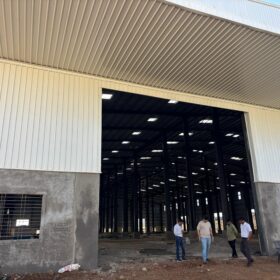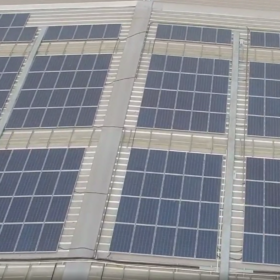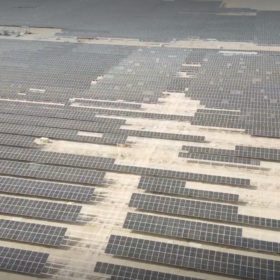Erisha E Mobility secures $1 billion from UAE investor
Erisha E Mobility has secured $1 billion investment from a UAE-based investor to expand its operations in the UAE, Saudi Arabia, USA, Europe, and various African nations, in addition to strengthening its existing business in India.
Inverted to build 5 GWh fully automated battery factory in Rajasthan
Inverted has unveiled plans to establish a fully automated battery plant in Ghilot, Rajasthan, with an annual production capacity of 5 GWh. The 4-acre facility will produce battery solutions for four-wheelers, light commercial vehicles and battery energy storage systems.
“Electrical, electronics manufacturing will be key in scaling clean energy”: Power minister
Manohar Lal Khattar, union minister for power, highlighted the electrical and electronics manufacturing industry will be key in scaling clean energy, advancing grid modernization, and strengthening transmission networks as India aims to achieve 800 GW of power generation capacity by 2030, with 50% from renewables.
Epsilon Group commits INR 15,350 crore for EV battery materials, testing facility in Karnataka
Epsilon Group plans to invest INR 9,000 crore to set up a graphite anode manufacturing plant and INR 6,000 crore for a lithium iron phosphate (LFP) cathode manufacturing plant in Karnataka. In addition, it will invest INR 350 crore to build a battery materials and battery testing R&D and training center in the state.
PV-powered electric vehicles can have up to 30% higher range
A European research team has installed solar panels on a light commercial electric vehicle and has tested their performance for four months. The vehicle was able to extend the range by 530 km, although not all panels contributed equally. System efficiency was measured at up to 66%.
Union Budget 2025-26: What India’s green industry expects from the upcoming budget
The 2025-26 Union Budget has the potential to be a defining moment in India’s journey toward a net-zero economy. By addressing key areas such as renewable energy, green hydrogen, sustainable mobility, and community-level projects, the government can create a robust framework for decarbonization.
IESA projects over $500 million investment in Indian battery, mobility startup ecosystem within a year
Bharat Battery Show, part of the Bharat Mobility Global Expo 2025, saw participation of one hundred startups. Many of these startups are seeking funding from major conglomerates and investment firms.
Clean Electric unveils 15-minute universal and interoperable EV charging technology at Bharat Mobility Expo 2025
Clean Electric has partnered with Bounce and Omega Seiki Mobility to integrate its charging system across different EV categories.
Middle-mile logistics: Why commercial EVs are the missing link in sustainable supply chains
As dark stores move closer to consumers to reduce turnaround times, the demand for frequent, efficient restocking has surged. This shift has brought the middle mile into focus as a space ripe for innovation, particularly through the integration of commercial electric vehicles (EVs).
Neuron Energy unveils 1.5 GWh lithium battery factory
The 5-acre manufacturing facility at Chakan, Pune, will produce lithium-ion batteries for electric vehicles, battery energy storage systems and other applications.

